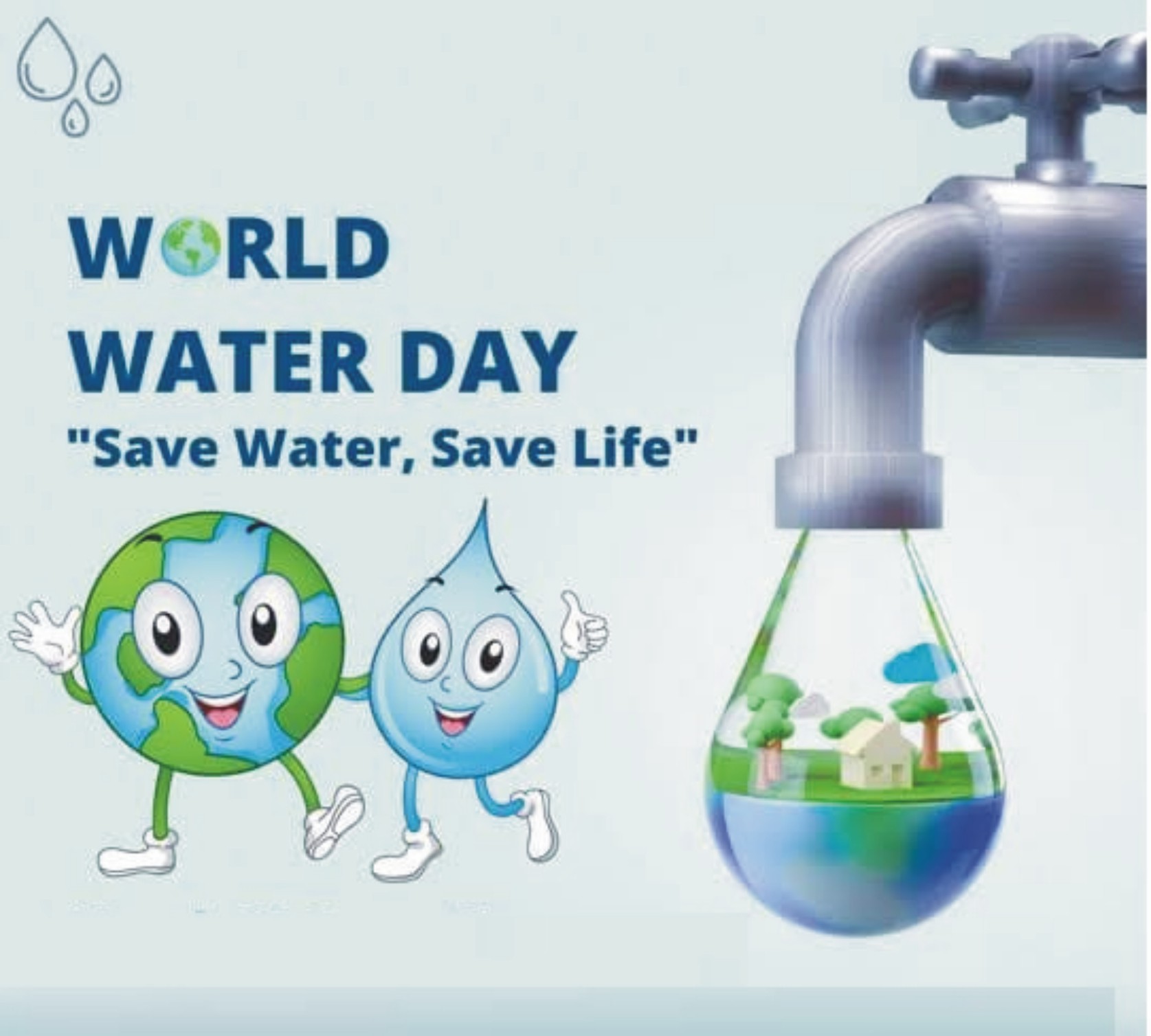Here’s the English version of the article:
By:ABID SIDDIQUE CHAUDHRY
Water is a fundamental necessity of life, yet water scarcity is becoming an increasing global issue. Every year on March 22, World Water Day is observed to highlight the importance of water conservation. Unfortunately, many countries, including Pakistan, are facing severe water shortages, which may lead to serious challenges in the future.
Potential Problems Due to Water Scarcity
If water shortages are not addressed in time, the world could face severe consequences:
- Decline in Agricultural Production – Water shortages will reduce irrigation, affecting food production and leading to food insecurity.
- Obstacles to Industrial Growth – Many industries depend on water, and its scarcity can slow down economic development.
- Health Issues – Contaminated and scarce water can lead to diseases such as kidney disorders, skin infections, and waterborne illnesses.
- Social and Political Conflicts – Limited water resources may cause disputes between regions and countries, leading to instability.
Water Situation in Pakistan
Pakistan is an agricultural country that heavily relies on water, yet it is facing a severe water crisis.
- Lack of Water Reservoirs – Pakistan has a limited number of dams, and existing reservoirs have insufficient storage capacity.
- Deteriorating Canal System – The country’s irrigation system is inefficient, leading to excessive water wastage.
- Declining Groundwater Levels – Overuse of tube wells is depleting underground water resources.
- Growing Population – Rapid population growth is putting additional pressure on available water resources.
What Should Pakistan Do?
To tackle the water crisis, Pakistan must take immediate action:
- Build New Dams – Constructing more reservoirs will help store water for future use.
- Reduce Water Wastage – Modern technology should be used to improve irrigation and minimize water loss.
- Efficient Water Management – Implementing effective policies for sustainable water use is crucial.
- Public Awareness – People must be educated about water conservation and responsible usage.
- Preserve Groundwater Levels – Strict regulations should be introduced to control excessive tube well usage, and rainwater harvesting should be encouraged.
- Desalination of Seawater – Converting seawater into drinkable water through modern technology can help reduce water scarcity.
Conclusion
Water is a precious resource, and its wastage can lead to disastrous consequences for any nation. Pakistan must take urgent steps to control water shortages. The government, industries, and citizens must work together to combat this crisis and ensure a sustainable future. Water conservation is not just the responsibility of authorities but of every individual.
If we do not act today, access to clean water may become a dream for future generations.
Let me know if you need any modifications!




